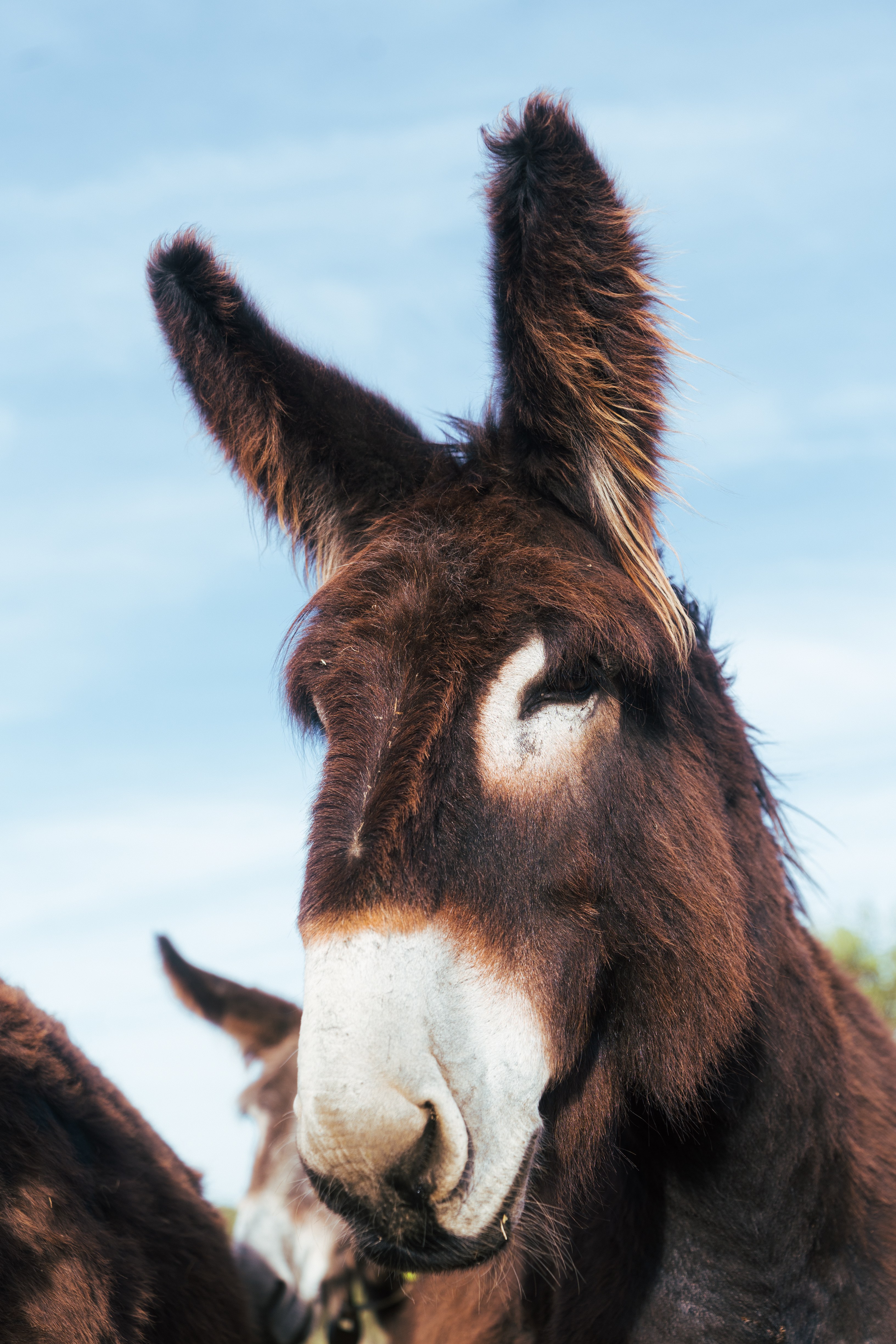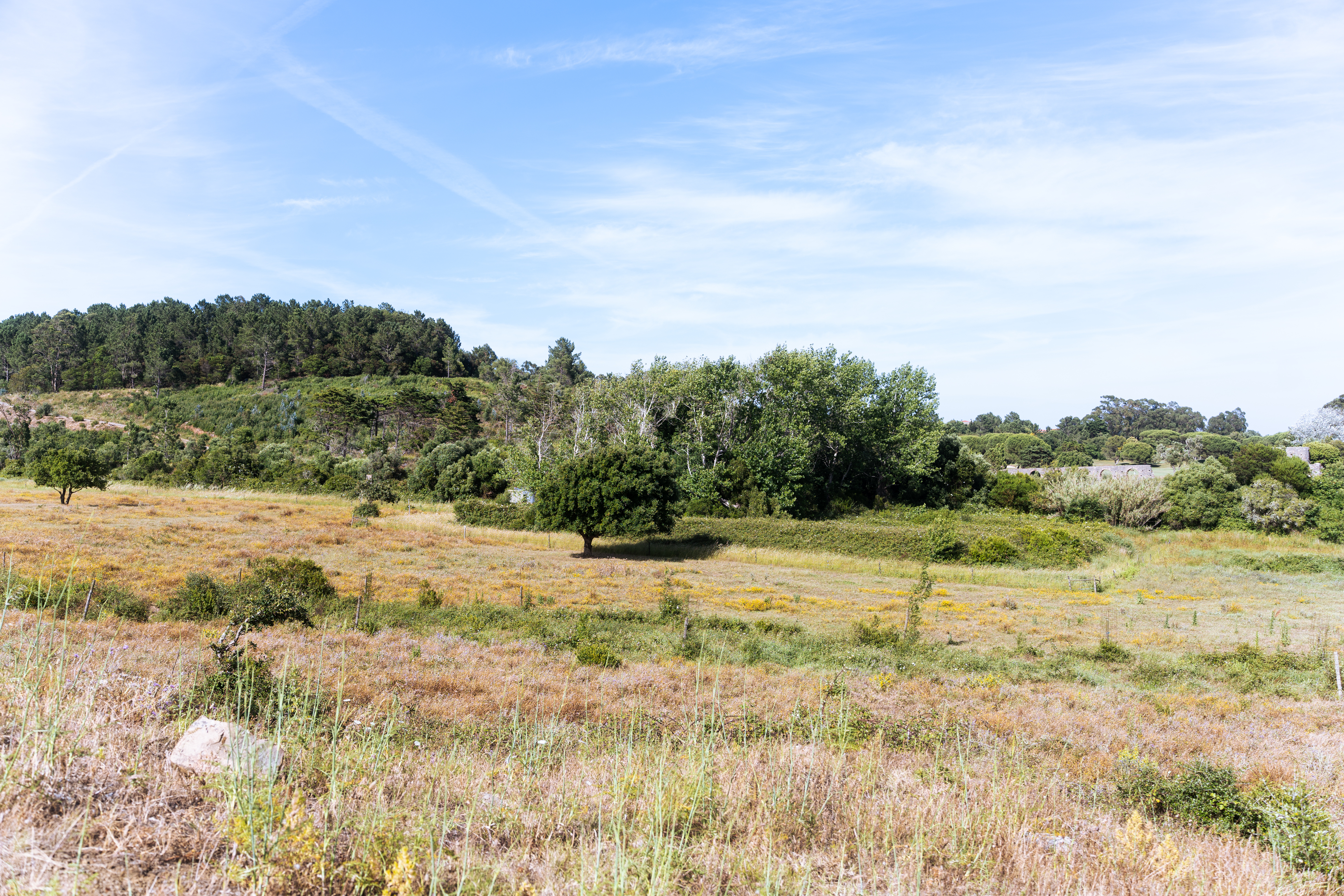Culturgest
PortugalCulturgest is the Foundation of Caixa Geral de Depósitos (CGD), a bank owned by the Portuguese State. It functions as an international art centre situated in Lisbon, which offers a regular programme dedicated to contemporary creation - both Portuguese and international – in the fields of theatre, dance, music, cinema and the visual arts. Culturgest also has an educational programme in all of these areas, aimed at audiences of all ages and social and cultural backgrounds. Culturgest reaches a wide and diversified audience, and invests in initiatives that seek to enhance a profound relationship with the art works and projects it presents.
For a long time Culturgest has been developing a line of programming aimed at addressing pressing environmental issues, such as climate change and social transition. Indeed, a vast number of Portuguese and international artists and scientists working in the domains of ecology and sustainability have shared their work and research at Culturgest.
For a long time Culturgest has been developing a line of programming aimed at addressing pressing environmental issues, such as climate change and social transition. Indeed, a vast number of Portuguese and international artists and scientists working in the domains of ecology and sustainability have shared their work and research at Culturgest.
Since 2020, Culturgest is the Lead Partner of the European cooperation project ACT – Art, Climate, Transition, co-funded by the Creative Europe Programme of the European Union.
It is part of Culturgest’s mission to develop cultural activities not only at its main premises in Lisbon, but all over the country. Culturgest has been doing this for over a decade, through the organisation of exhibitions in Porto and in other main cities. In Portugal, the offer of cultural activities and events has traditionally been concentrated in the three major cities (Lisbon, Porto and Coimbra), but has slowly spread out to the other districts. Still, the rural areas have been largely left out of this development.
It is part of Culturgest’s mission to develop cultural activities not only at its main premises in Lisbon, but all over the country. Culturgest has been doing this for over a decade, through the organisation of exhibitions in Porto and in other main cities. In Portugal, the offer of cultural activities and events has traditionally been concentrated in the three major cities (Lisbon, Porto and Coimbra), but has slowly spread out to the other districts. Still, the rural areas have been largely left out of this development.
For Culturgest, Performing Landscape will be an extended exercise on how to develop collaborative cultural projects within the rural context and is hoped to yield valuable insights for future projects.
A second point of interest is to demonstrate and investigate the strong and manifold links that exist between a large city and hits hinterland. City dwellers are easily under the impression that their city functions on its own, but in reality the opposite is true. Without the many connections with the rural areas surrounding it, a city would quickly run out of the most basic things, such as food or drinking water. Performing Landscape is meant to bring to the front some of the dynamic interactions that structure the relationship between the city and the countryside.
A second point of interest is to demonstrate and investigate the strong and manifold links that exist between a large city and hits hinterland. City dwellers are easily under the impression that their city functions on its own, but in reality the opposite is true. Without the many connections with the rural areas surrounding it, a city would quickly run out of the most basic things, such as food or drinking water. Performing Landscape is meant to bring to the front some of the dynamic interactions that structure the relationship between the city and the countryside.
A territory for Shared Landscapes | June & July 2024: Quinta do Pisão
Quinta do Pisão is a 380 ha nature park
that was redeveloped by Cascais City Council, allowing visitors a multitude of
experiences with nature and ancestral habits linked to the land. In this unique
park there is space for history, nature conservation, agricultural activity,
biodiversity preservation, art, education and environmental volunteering.
The
main building of the farm, called Casa da Cal – Interpretation Centre,
represents the culmination of the intervention in this natural space and provides
information on the activities to be developed in the park, sanitary facilities,
a store selling farm products and a permanent exhibition alluding to natural
and historical-cultural values. Another outdoors exhibition available in the
park is called Land Art Cascais, resulting from a biennial landscape art
exhibition that is currently in its 9th edition.
Quinta do Pisão – Nature Park is
internationally considered a case study in terms of nature conservation and
biodiversity, as well as the development of responsible tourism, as a
contribution to the health and well-being of populations. Located at the
western end of the municipality of Cascais in the Sintra-Cascais Natural Park,
Quinta do Pisão represents a historical-cultural legacy that has proven to be
structuring for the territory, both due to its scale, the natural values it
contains, its built heritage, and its organisation of the landscape. It is
characterized by its extremely rich mosaic of vegetation, corresponding to a
significant diversity of habitats representative of the ecology of this area.

The reference point of the Shared Landscapes Map is the level of the Rio da Mula dam, which supplies water to the municipality of Cascais. Everything below this level is visible, while anything above disappears from the map.
Shared Landscapes unfolds in Quinta do Pisão and oscillates around this reference point.





















